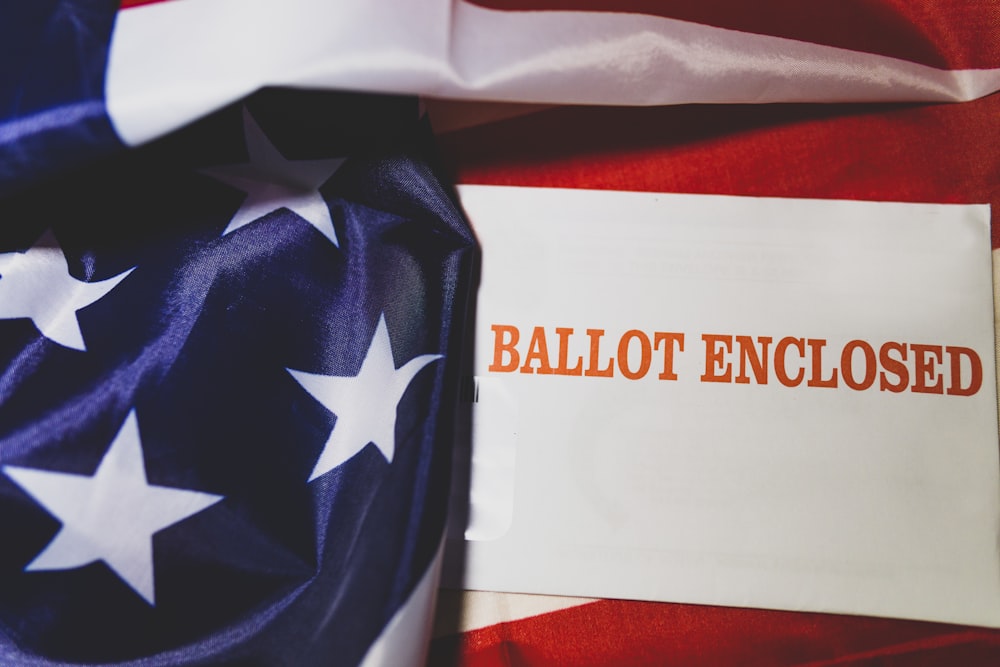Unveiling the Legal Proceedings of the Keller Williams Lawsuit
Understanding the Allegations
The Keller Williams lawsuit has captured attention within the real estate industry, with its legal proceedings closely scrutinized by industry professionals and observers alike. At the heart of the lawsuit are allegations of misconduct and breach of fiduciary duty, raising concerns about the integrity of the renowned real estate brokerage firm.
Examining the Fiduciary Duties
Central to the Keller Williams lawsuit are the fiduciary duties owed by real estate agents to their clients. Fiduciary duties encompass obligations such as loyalty, honesty, and disclosure, requiring agents to act in the best interests of their clients at all times. Any breach of these duties can give rise to legal liability and expose the brokerage firm to potential lawsuits.
Assessing the Alleged Misconduct
The Keller Williams lawsuit alleges various forms of misconduct, including failure to disclose material information, conflicts of interest, and misrepresentation. These allegations raise serious concerns about the ethical standards and practices within the brokerage firm, prompting a thorough investigation into the conduct of its agents and executives.
Legal Ramifications
The legal ramifications of the Keller Williams lawsuit are significant, with potential implications for the broader real estate industry. If proven true, the allegations could tarnish the reputation of Keller Williams and erode trust among clients and stakeholders. Moreover, the lawsuit underscores the importance of upholding ethical standards and maintaining transparency in real estate transactions.
Navigating the Legal Process
As the legal proceedings unfold, both plaintiffs and defendants must navigate the complexities of the legal process. From filing complaints and responses to conducting discovery and presenting evidence, each step requires careful consideration and strategic planning. Legal teams on both sides work tirelessly to build their cases and advocate for their respective positions.
Analyzing Legal Arguments
Legal experts closely analyze the arguments presented by both parties in the Keller Williams lawsuit. Plaintiffs seek to establish liability by demonstrating evidence of wrongdoing and breach of fiduciary duty, while defendants mount defenses to refute these claims and mitigate potential damages. The strength of each party’s legal arguments will play a crucial role in determining the outcome of the lawsuit.
Potential Outcomes
As the Keller Williams lawsuit progresses, speculation abounds regarding potential outcomes. Depending on the evidence presented and legal arguments made, the court may rule in favor of either the plaintiffs or the defendants. Possible outcomes include financial settlements, injunctive relief, or dismissal of the claims. The resolution of the lawsuit will have far-reaching implications for Keller Williams and the real estate industry as a whole.
Impacts on the Industry
Regardless of the outcome, the Keller Williams lawsuit has already made a significant impact on the real estate industry. It has prompted discussions about ethics, accountability, and transparency within brokerage firms, leading to calls for heightened regulatory oversight and industry standards. Moreover, the lawsuit serves as a cautionary tale for other firms, highlighting the potential consequences of ethical lapses and misconduct.
Conclusion
The Keller Williams lawsuit represents a watershed moment for the real estate industry, shedding light on the importance of ethical conduct and fiduciary duties in real estate transactions. As legal proceedings continue to unfold, stakeholders closely monitor developments and await a resolution. Ultimately, the outcome of the lawsuit will shape the future of Keller Williams and influence industry practices for years to come. Read more about keller williams lawsuit




